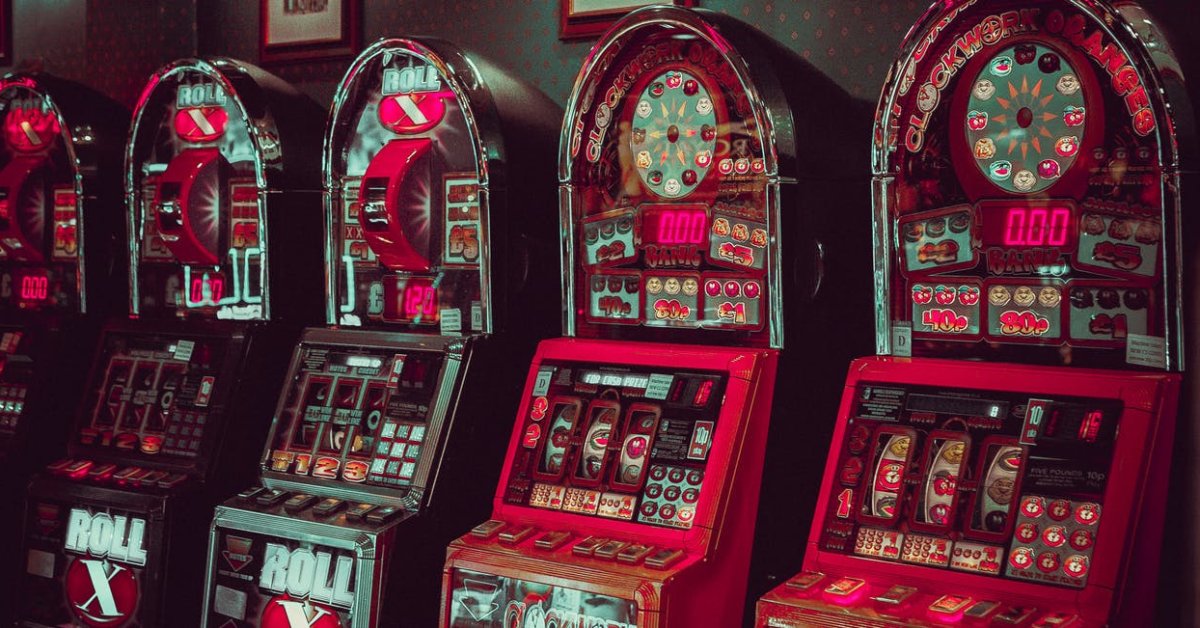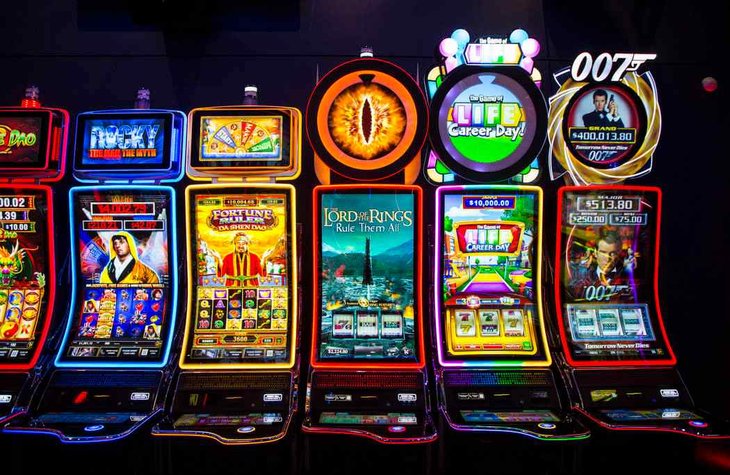How Casinos Make Money By Using Math In Slot Machines
Aadhya Khatri - Aug 07, 2019

Slot machines have always been the main income stream for casinos, and to keep it that way, these gambling houses rely on the power of math
- A Math Formula Tells Us How Long Everything Will Live
- Shakuntala Devi Awarded Guinness World Records’ Fastest Human Computation Certificate After 40 Years
- This Magical Number Will Help You Find A Parking Space, The Perfect Apartment, And Even A Suitable Spouse
It may come at a surprise that slot machines are the main income stream for casinos, at least in the United States, accounting for up to 80% of their revenue. In Las Vegas, this rate ranges from 50% in casinos cater to high rollers, who bet thousands of dollars each time, and 88% in the places for locals.

Each day, what people put in slot machines can amount to millions of dollars, and casinos are making big from them, with the help of mathematics.
There is nothing complicated in a slot machine. Players put in money, pick a particular amount, press the button, and wait for the luck. Slot machines come in a wide range of variety nowadays, from the models with actual spinning reels to the ones with virtual reels displayed on the screen. But no matter which form they appear in, all of these machines are played in similar ways.
For most people, slot machines are the game of pure luck; this is why it is appealing to many people. If you are lucky, you may win more than someone who has been playing for twenty years. And all of us have had the feeling of luck sometimes in our lives.
Slot machines might never bring players any benefit, but they are a stable income stream for the casinos, as long as there are enough people play them. The key here is the game math.
When casinos check on slot machines, what they look for first is the drop, which is the amount of money players deposite in the machines. Another critical number is handle, which is the total amount a player put in. For example, if player deposits $100, win $50 jackpot, and keeps playing until she loses all of the money, the drop here is $100, and the handle is $150. The casino's revenue is what left after the jackpot is paid out.
The question here is how slot machines decide who loses and who wins? The answer here is that payouts are calculated statistically. Each slot machine has a random number generator, which is activated after the player presses the pin. The generator is essentially an algorithm deciding the current pin is a loss or a win, as well as how big player will win.
Every game has a paytable and a set hold percentage that determine how much the game pays back and how often players can expect a jackpot.
Video poker and other games with low volatility have a higher chance of winning, but they will pay back in smaller amounts. Games with high volatility like Megabucks are the exact opposite, players can win fewer times, but the jackpot can reach several million dollars.

If players come to a slot machine relying on pure luck, there is no chance for them at all as the casino is the one that holds the statistical advantage. The underlying math of the game makes sure that casinos have a consistent number of win.
However, casinos must give players one thing to keep them coming back, or these gambling houses may go out of business. It is required by law that slot machines return a set minimum amount to players. In Las Vegas, the rate is 85%, but most of them return more.
Those who have lost a lot may find relief in the 85% chance of return. Who knows, you might be in luck next time. That is the exactly why slot machines are so appealing.
While players do have the chance to win, and sometimes win big, in the long run, luck, or math, will always favor the casinos.
So in short, no matter how lucky you are, math will ensure that the casinos get luckier.
Featured Stories

Features - Jan 29, 2026
Permanently Deleting Your Instagram Account: A Complete Step-by-Step Tutorial

Features - Jul 01, 2025
What Are The Fastest Passenger Vehicles Ever Created?

Features - Jun 25, 2025
Japan Hydrogen Breakthrough: Scientists Crack the Clean Energy Code with...

ICT News - Jun 25, 2025
AI Intimidation Tactics: CEOs Turn Flawed Technology Into Employee Fear Machine

Review - Jun 25, 2025
Windows 11 Problems: Is Microsoft's "Best" OS Actually Getting Worse?

Features - Jun 22, 2025
Telegram Founder Pavel Durov Plans to Split $14 Billion Fortune Among 106 Children

ICT News - Jun 22, 2025
Neuralink Telepathy Chip Enables Quadriplegic Rob Greiner to Control Games with...

Features - Jun 21, 2025
This Over $100 Bottle Has Nothing But Fresh Air Inside

Features - Jun 18, 2025
Best Mobile VPN Apps for Gaming 2025: Complete Guide

Features - Jun 18, 2025
A Math Formula Tells Us How Long Everything Will Live
Read more

Gadgets- Feb 24, 2026
3 Budget Monitors That Reduce Eye Strain and Improve Productivity
Investing in one of these monitors can help alleviate eye discomfort and boost your efficiency. Consider your desk space and usage needs when selecting the right one.

ICT News- Feb 22, 2026
Which AI Model Excels at Which Task in 2026: A Comprehensive Guide
In 2026, the best AI depends on your needs: Gemini for multimodal and speed, Claude for coding and reasoning, GPT for creativity, and Grok for straightforward tech insights.

ICT News- Feb 23, 2026
It's Over for Xbox: Asha Sharma Takes Over to Ruin Microsoft Gaming with AI
It's not just a leadership change; it's the death knell for Xbox.
Comments
Sort by Newest | Popular